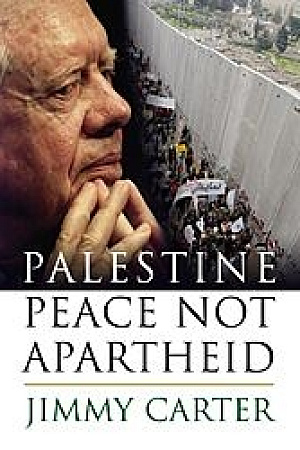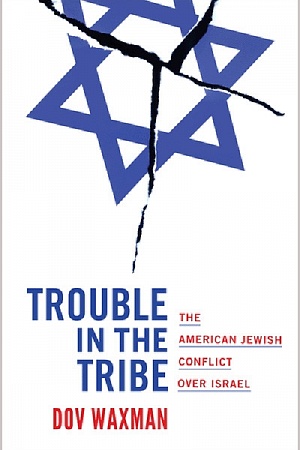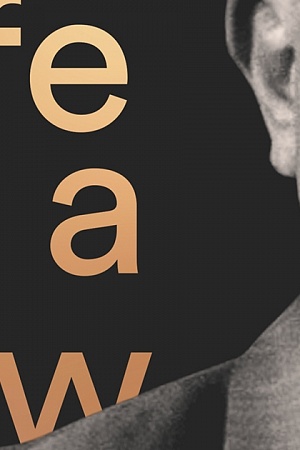Yitzhak Rabin: Soldier, leader, statesman
Yale University Press (Footprint), $37.99 hb, 272 pp, 9780300212297
Yitzhak Rabin: Soldier, leader, statesman by Itamar Rabinovich
On the final page of his biography of Yitzhak Rabin (1922–95), Itamar Rabinovich tells us that he contemplated an alternative subtitle for his book, ‘The image of his native landscape’. Because this particular life was so closely tied to a political project, it is similarly tempting to read Rabin’s biography as a story of the State of Israel, and to respond in kind: first according to your position on that State, and second according to how you evaluate Rabin’s performance against your ideal Israel. If you regard the 1948 War of Independence as an act of violent colonialism, then Rabin’s role in the Palmach (the proto-Israeli military) damns him to complicity, one that became active perpetration when he took on the task of transforming the infant Israeli Defence Force into an ironclad machine, and leading it, as chief of staff, in the 1967 Six Day War. If you regard the Oslo Accords as a betrayal of the Jewish people, on either religious or security grounds, then as the prime minister who authorised them, Rabin, as image, becomes the reckless traitor. It is a good thing that the author decided to discard this subtitle, because if one were to read the book thus, one may as well not read it at all. This is, after all, Israel we are talking about, and for almost every reader that die will already be cast.
Unless one is seduced by the ideology of self-creation, it is something of a truism that we are all shaped by our social, cultural, political, and economic contexts. What makes the story of a life intriguing are those mysterious junctures where it diverges from the foretold plot; what Hannah Arendt called the spaces between past and future, where authentic thinking and action occur, and the new comes into the world. In Rabin’s case, the new were the moves to make peace with Israel’s Arab neighbours, including the Palestinians under Yasser Arafat, and the Syrians under Hafez al-Assad. I leave to the side here the myriad criticisms one might level against what Israel envisaged that peace ought to look like, and how appallingly the Palestinians have fared since Oslo. One can always ask why Rabin was not Mandela, or an unalloyed universalist. More interesting is to ask why he was Rabin; how he moved from being a hawkish general and prime minister of a state whose political identity was forged in trauma, religious nationalism, and existential threat, to, in his own words, forging the war for peace.
Continue reading for only $10 per month. Subscribe and gain full access to Australian Book Review. Already a subscriber? Sign in. If you need assistance, feel free to contact us.











Leave a comment
If you are an ABR subscriber, you will need to sign in to post a comment.
If you have forgotten your sign in details, or if you receive an error message when trying to submit your comment, please email your comment (and the name of the article to which it relates) to ABR Comments. We will review your comment and, subject to approval, we will post it under your name.
Please note that all comments must be approved by ABR and comply with our Terms & Conditions.